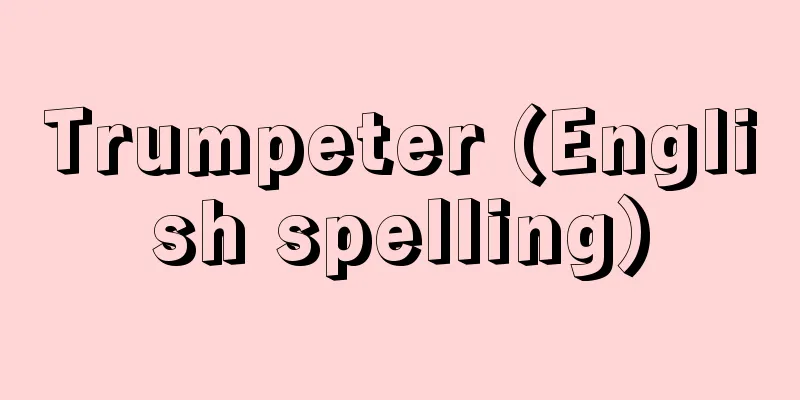Bi‐musicality

|
It refers to a dual musicality, specifically the study and mastery of both European art music and non-European folk music. The concept was born from the practical methods of ethnomusicology research in American graduate schools, and has been used in Japan since the 1960s in connection with music education. In Japan, it often refers to the equal study of both European art music and traditional Japanese music. [Kakigi Goro] Source: Heibonsha World Encyclopedia, 2nd Edition Information |
|
二重の音楽性を意味し,具体的にはヨーロッパの芸術音楽と非ヨーロッパの民族音楽の両者を学び,同様に体得することを指す。アメリカの大学院における民族音楽学研究の実際的方法から生まれた概念で,日本でも1960年代から音楽教育と関連して用いられるようになった。日本では,ヨーロッパの芸術音楽と日本の伝統音楽の両者を等しく身につけることを指すことが多い。【柿木 吾郎】
出典 株式会社平凡社世界大百科事典 第2版について 情報 |
>>: Corneille Jean François Heymans
Recommend
Śravaṇā (English spelling) Sravana
...Following the Vedic framework, these festivals...
Salāgama (English spelling)
…Unlike India, the Sinhalese caste system does no...
Rikidozan
A sumo wrestler and professional wrestler from th...
Rationality - rationality
〘noun〙① Having a reasonable nature. Having a natur...
Country - Okuni
A title for Kabuki and Joruri. Original title Taih...
Argos (Legend) - Argos
…When Jason decided to go on an expedition, more ...
Kusa Tamenagi - Stinky Nagi
...In the original Japanese language, it was call...
Reinforced concrete construction - TEKKIN CONCRETE ZOUKENCHIKU
A structure whose main framework is made of reinfo...
Love bird (Peony parakeet) - Love bird
A general term for birds of the Agapornis genus in...
Japanese beetle (English spelling)
... In the absence of natural enemies or rival sp...
National Examination - Kokuken
Abbreviation of Kokuga Kenchu or Kokushi Kenchu....
Tantrakhyayika (English spelling)
... The Sanskrit collection of tales, the Panchat...
Cambert, R.
… On the other hand, the backlash against this co...
Scientist
… What is particularly noteworthy is that the ter...
Takasato [Village] - Takasato
A village in Yama District, northwest of Fukushima...









